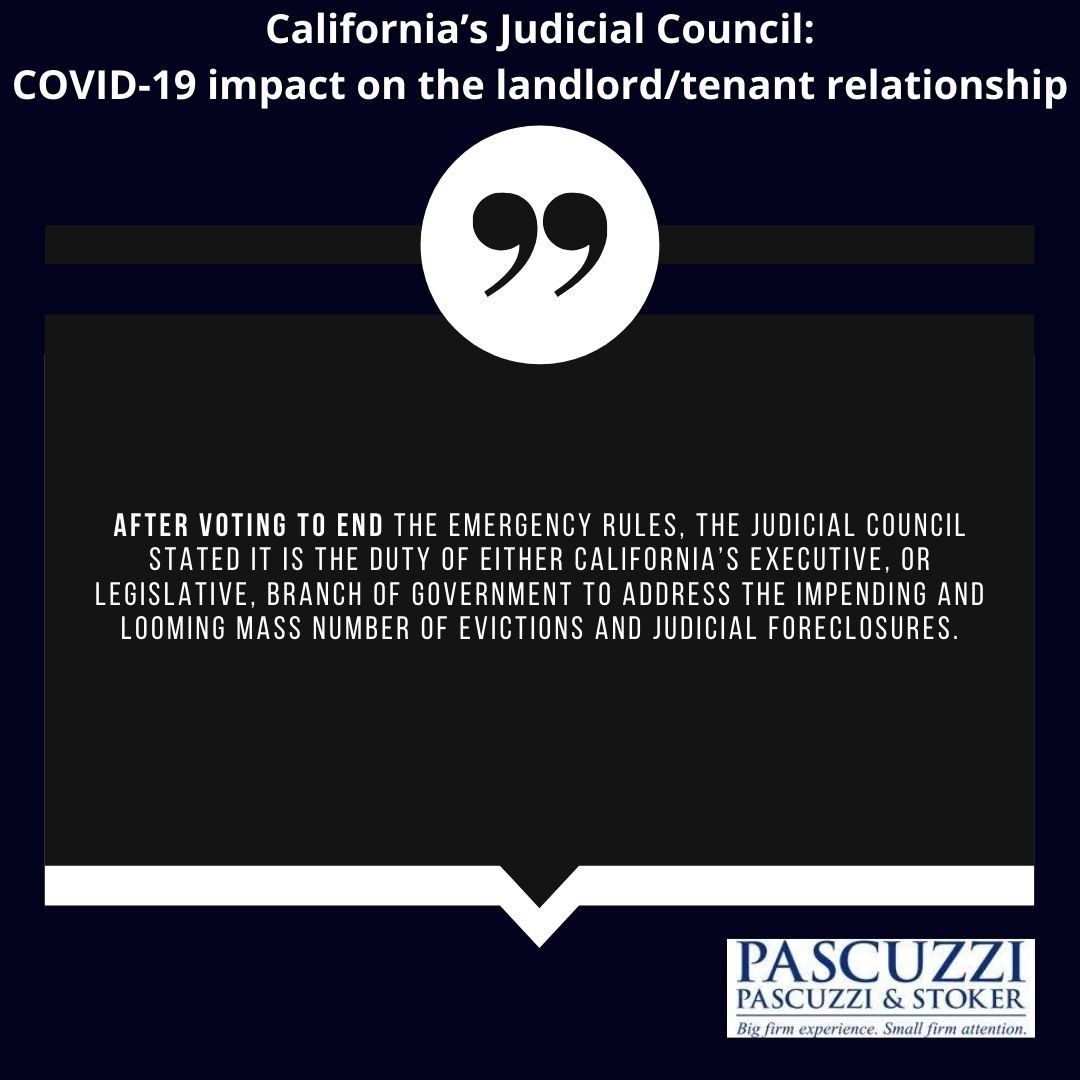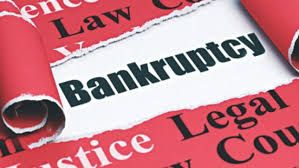Solar Power Laws
It can be said that there are only two things in life you can count on: death and taxes. I’d like to add a third thing to that list: rising electrical rates. The cost of electricity has risen steadily over the last decade and according to SmartestEnergy, a buyer and supplier of independent energy, it is projected to increase 60 percent over the next decade. Due to these rising costs many California residents are turning to solar power to help offset them.
For many homeowners the process of installing solar panels is one of the biggest financial decisions that they will make in their lives. It is no secret that purchasing and installing solar panels can be very costly. It is important now more than ever for homeowners thinking about installing solar panels on their homes to be aware of some of the solar panel laws surrounding their use. The three most notable laws that California homeowners should be familiar with are the Solar Shade Control Act, the Solar Rights Act and the California Solar Surplus Act.
Solar Shade Control Act
The Solar Shade Control Act prohibits the shading of solar panels that result from tree growth occurring after the solar panels are installed. Specifically, it states that no plant shall be placed or allowed to grow such that it shades a solar panel more than 10 percent between the hours of 10 a.m. and 2 p.m. This Act does not apply to plants or trees that are already in place before the solar panels were installed or to plants or trees that are used as a replacement of plants or trees that died after the installation of the solar panels. This Act does require plants or trees that are already in place, but not yet shading the solar panels, to be trimmed and maintained so that they do not impact the system. Under this Act, plants and trees that shade solar panels are viewed as a private nuisance and the solar panel owner may give written notice to parties who own the shading plants or trees. In the event the notice is ignored, the solar panel owner may sue for nuisance and seek court order requiring the neighbors to trim or remove the plants or trees.
Solar Rights Act
The Solar Rights Act prohibits local governments from restricting the installation of a solar energy system based on aesthetics as long as there will not be an adverse effect upon public health or safety. This Act also provides that homeowners associations (“HOAs”) cannot place unreasonable restrictions on homeowners who want to install solar panels on their homes. California courts will not allow a HOA to pass a restriction that completely forbids solar panels, but a restriction may be held to be enforceable under the Act’s “reasonable” requirement. The definition of what is “reasonable” is where the ambiguity lays.
A “reasonable” restriction includes those that: 1.) do not significantly increase the cost of the solar system, 2.) do not significantly decrease the system’s efficiency, or 3.) allow for an alternative system of comparable cost, efficiency and benefits. “Significant” is defined as those restrictions that increase the system’s cost by over 20 percent or decrease the system’s efficiency by more than 20 percent. This definition of “reasonable” allows HOAs some leeway in determining how solar panels are placed in their communities.
California Solar Surplus Act
The California Solar Surplus Act mandates that utility companies pay consumers who have solar panels for the solar electricity that they generate that is in excess of what their home requires. This means that if you install solar panels on your house which generate electricity above and beyond the amount that you need the electrical company will pay you cash for it or assign credits to your account that you can redeem in the future.
If you or someone you know is thinking about installing solar panels on their house or has a question regarding a neighbor’s use of solar energy, contact Pascuzzi, Moore & Stoker to discuss the issues in more detail.
The post Don’t Be Left in the Shadows: Understand the Law Surrounding the Use of Solar Panels appeared first on Pascuzzi Law.









